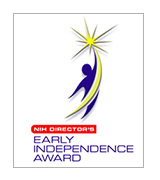2017 Awardees
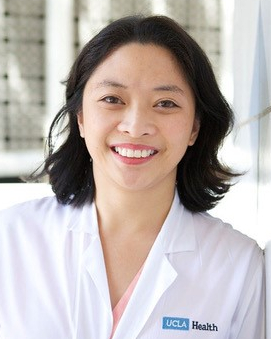
Valerie A. Arboleda, M.D., Ph.D.
David Geffen School of Medicine, University of California, Los Angeles
Project Title: Unraveling Correlations Between Mendelian and Common Disease Using Functional Genomics
Grant ID: DP5-OD024579
Valerie Arboleda received her M.D. and Ph.D. in Human Genetics through the Medical Scientist Training Program at UCLA. Her graduate work focused on using genomic tools to uncover the genetic basis in rare congenital syndromes. Dr. Arboleda completed her residency in Clinical Pathology in the Department of Pathology and Laboratory Medicine at UCLA and then joined the faculty at UCLA as a Clinical Pathologist. Dr. Arboleda's research program focuses on unraveling the relationships between Mendelian and Common/complex disease through the lens of rare Mendelian syndromes using a functional genomics approach.
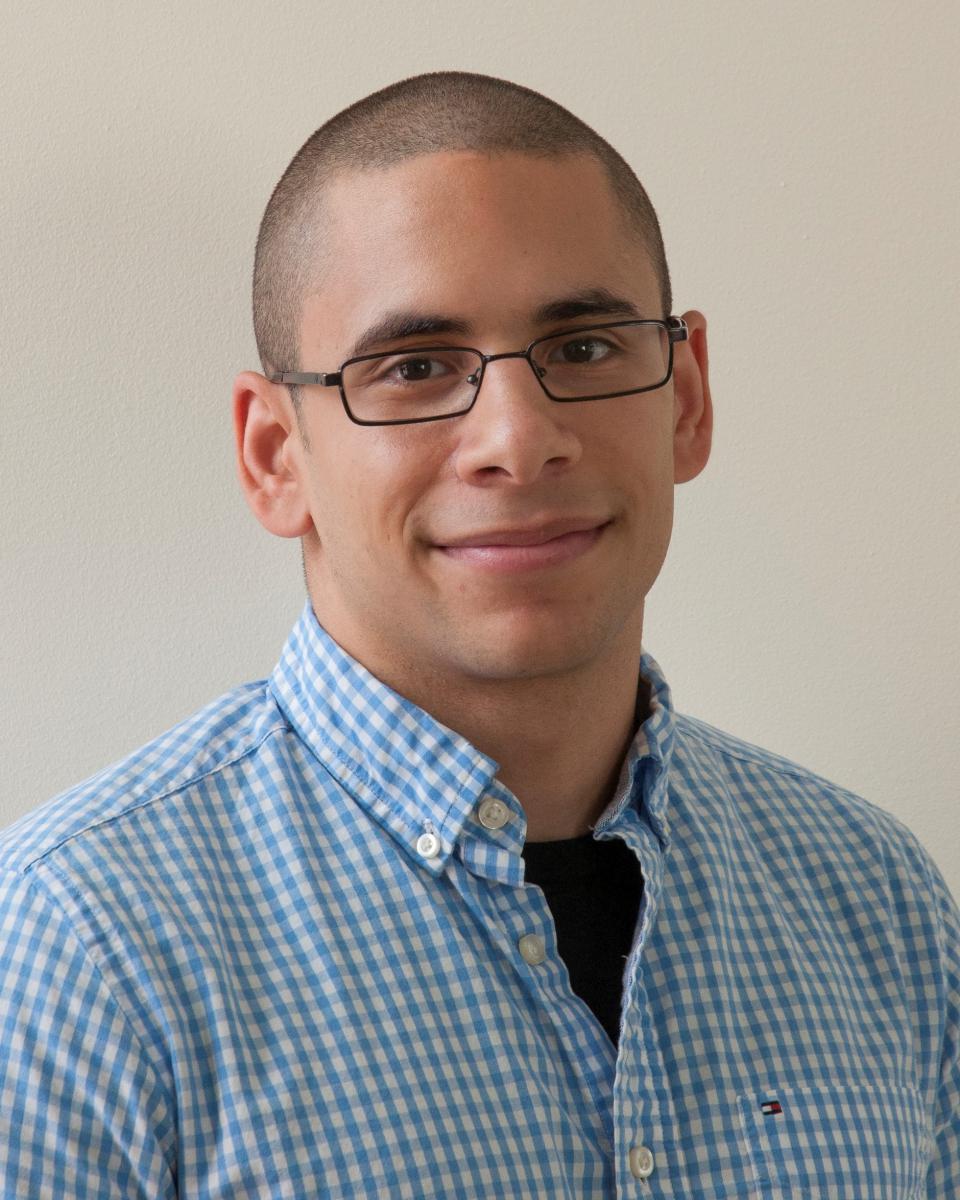
Ahmed H. Badran, Ph.D.
The Broad Institute of MIT & Harvard
Project Title: Functional Interrogation of Ribosomal Biology Using Continuous Evolution
Grant ID: DP5-OD024590
Ahmed H. Badran is a Principal Investigator and Fellow of the Broad Institute of MIT & Harvard. Dr. Badran earned his B.Sc. in Biochemistry & Molecular Biophysics, as well as Molecular & Cellular Biology, from the University of Arizona under the guidance of Prof. Indraneel Ghosh. Subsequently, he earned his Ph.D. in Chemical Biology from Harvard University under the guidance of Prof. David R. Liu, working primarily on the development and application of rapid and generalized methods for biomolecule continuous evolution and in vivo mutagenesis. Research in the Badran lab integrates principles of protein engineering, synthetic biology, genome editing and directed evolution to enable an improved understanding of cellular protein translation and resource allocation. Specifically, Badran’s research program seeks to illuminate the basic biological principles underlying ribosomal biogenesis and catalytic efficiency, providing avenues for the biological generation of novel non- proteogenic biomolecules, understanding the origin of the ribosome, and the discovery of novel antibiotics.
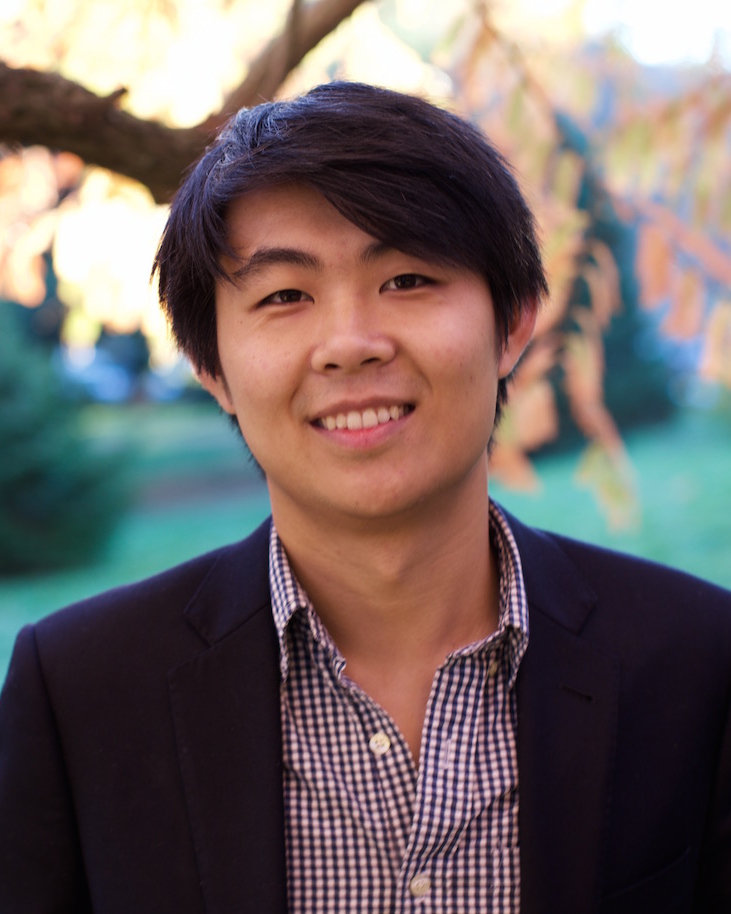
Fei Chen, Ph.D.
Broad Institute of MIT and Harvard
Project Title: Characterizing Glioma Heterogeneity with Novel Multiplexed Nanoscale Imaging Technologies
Grant ID: DP5-OD024583
Dr. Fei Chen is currently a Fellow at the Broad Institute. He obtained his Ph.D. in biological engineering from the Massachusetts Institute of Technology in 2016. During the course of his doctoral research, Fei co- invented expansion microscopy, a breakthrough technique that allows for super-resolution imaging of biological samples with conventional light microscopes. Fei was an Axline scholar at the California Institute of Technology and graduated with a Bachelor's degree in Electrical Engineering in 2011. He is an Allen Distinguished Investigator and previously received the National Science Foundation Graduate Research Fellowship, and the MIT Viterbi and Poitras Fellowships.
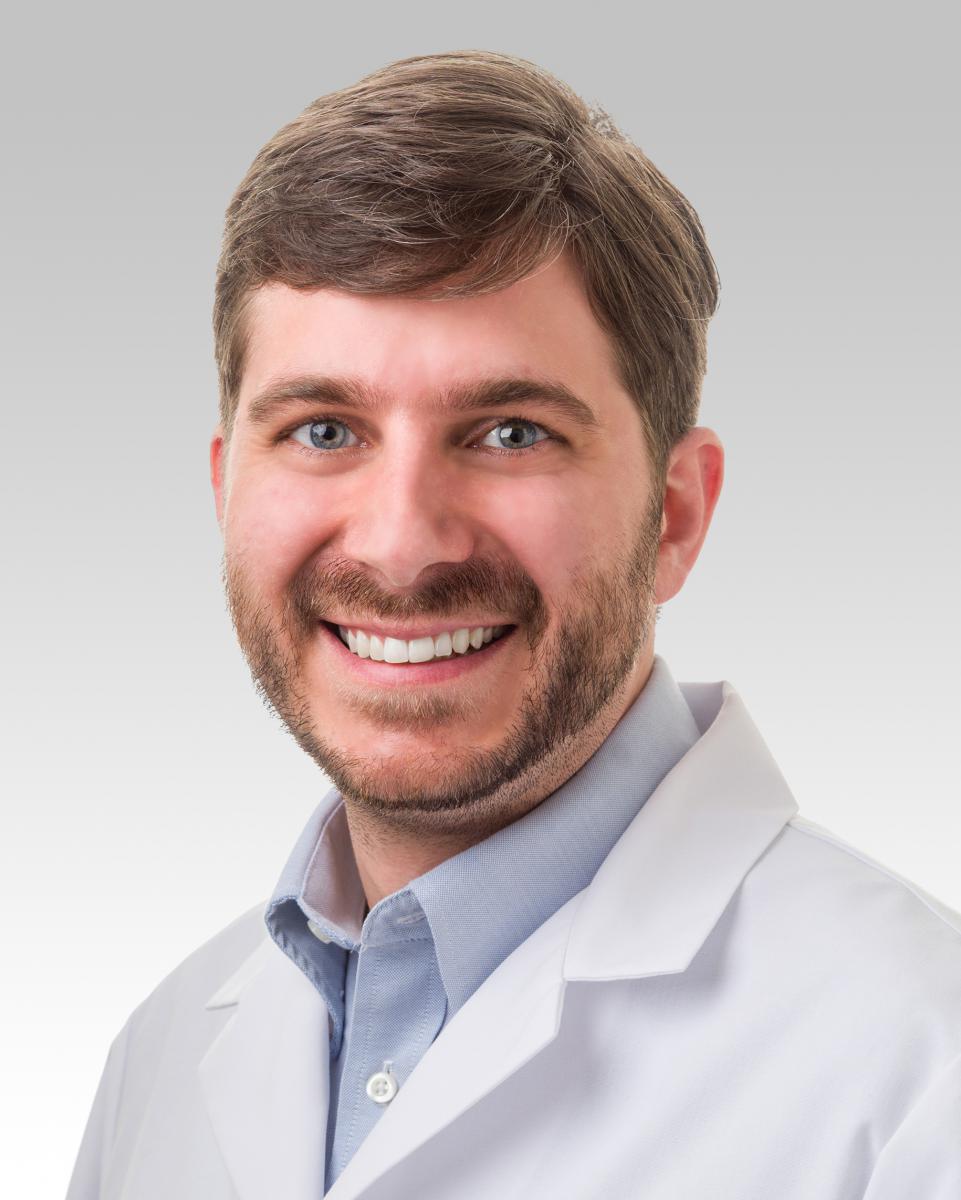
Kyle P. Eagen, Ph.D.
Northwestern University Feinberg School of Medicine
Project Title: Biochemical Basis of Chromatin Folding and Chromosome Condensation
Grant ID: DP5-OD024587
Kyle Eagen was an undergraduate at Cornell University where he received his B.S. degree in Biological Sciences prior to graduate studies at Stanford University. At Stanford, he worked with Roger Kornberg studying chromatin and chromosome structure. After completing his Ph.D. in Biophysics, Kyle began his independent career as the inaugural Feinberg Fellow at the Northwestern University Feinberg School of Medicine within the Department of Biochemistry and Molecular Genetics. The Eagen Lab combines concepts and approaches from structural biology and biochemistry with methods and analytical tools from molecular biology and genomics to determine the structural and biochemical basis of chromatin folding and chromosome condensation. The lab’s long-term goal is to contribute fundamental knowledge about the nature of DNA folding and elucidate general principles of chromatin structure and chromosome organization.
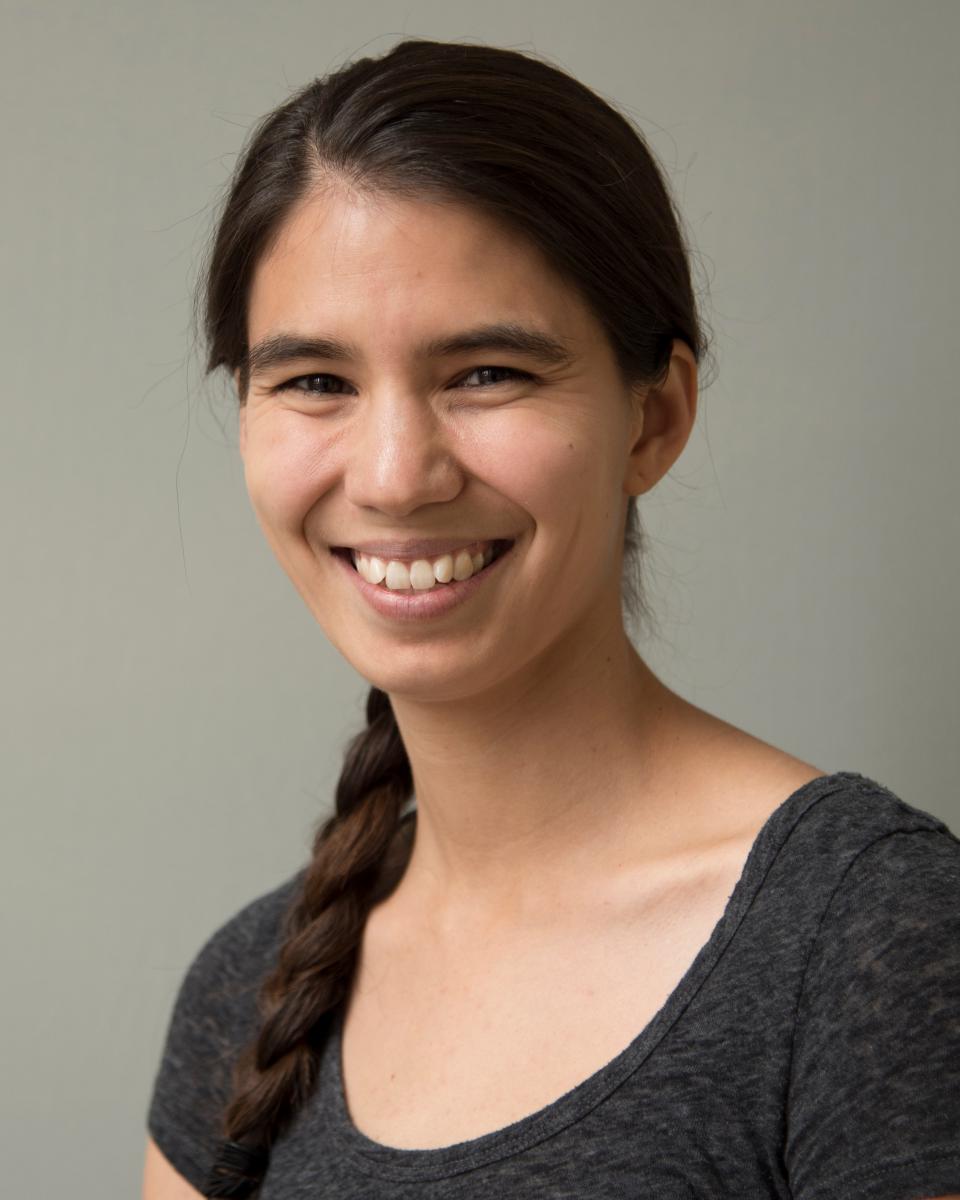
Hilary Finucane, Ph.D.
Broad Institute of MIT and Harvard
Project Title: Identifying Disease-Relevant Cell Types by Integrating Genetic and Functional Genomics Data
Grant ID: DP5-OD024582
Hilary Finucane is a Broad Fellow at the Broad Institute of MIT and Harvard. Her research group develops and applies new computational and statistical methods for analyzing large-scale biological datasets, with a focus on combining human genetic data with functional genomics data to learn about the causes of common diseases. She obtained her B.A. in Mathematics from Harvard College, her M.Sc. in Computer Science and Applied Mathematics from the Weizmann Institute, and her Ph.D. in Applied Mathematics from the Massachusetts Institute of Technology.
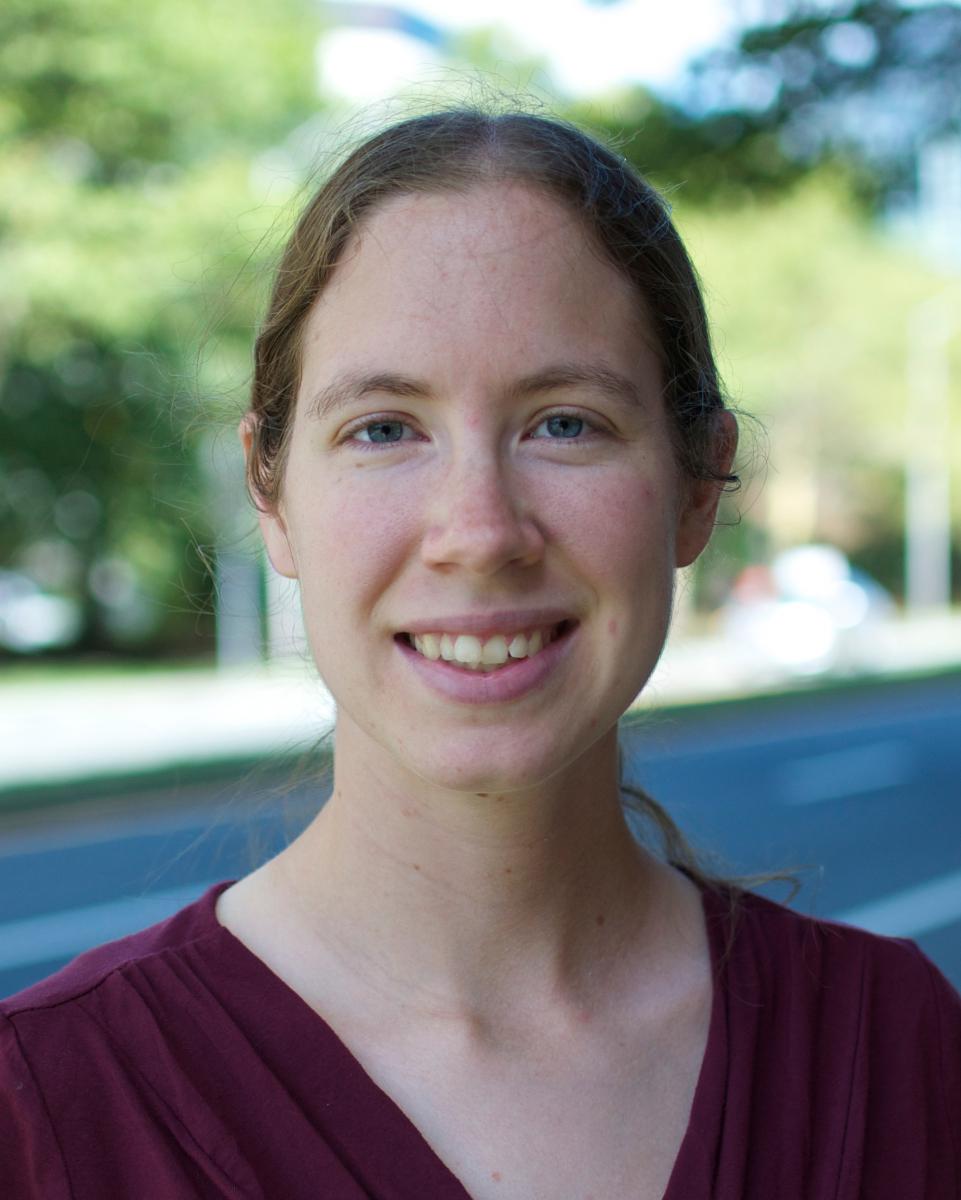
Melissa Gymrek, Ph.D.
University of California San Diego
Project Title: Systematic Identification and Interpretation of Repetitive Variants Underlying Schizophrenia
Grant ID: DP5-OD024577
Melissa Gymrek is an assistant professor at the Departments of Medicine and Computer Science & Engineering at the University of California San Diego. Melissa received her Ph.D. in Bioinformatics and Integrative Genomics from the Harvard/MIT Division of Health Sciences and Technology under the supervision of Yaniv Erlich and Mark Daly and earned her B.A. in computer science and mathematics at MIT. Her doctoral work focused on interrogating the role of repetitive genetic variation in human phenotypes such as gene expression. Her group at UCSD aims to understand complex genetic variants that underlie common human diseases such as schizophrenia and autism using computational methods for analyzing and visualizing repetitive variation from large-scale sequencing data.
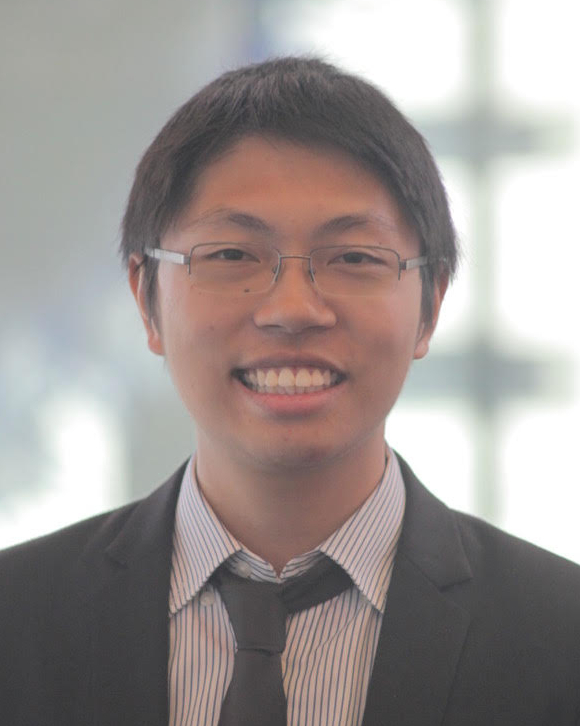
Kyle M. Loh, Ph.D.
Stanford University School of Medicine, Institute for Stem Cell Biology & Regenerative Medicine
Project Title: Developing Approaches for Universal Organ Transplantation
Grant ID: DP5-OD024558
Kyle Loh is the Siebel Investigator at the Stanford Institute for Stem Cell Biology & Regenerative Medicine. By analogy to biochemical reconstitution of cellular phenomena, his laboratory aims to reconstitute the development of various human cell-types in a dish from stem cells. This approach will define the minimal signals sufficient to generate cell-types from scratch, thus availing developmental biology and regenerative medicine. Born and raised in New Jersey, Kyle received his B.A. from Rutgers University and his Ph.D. from Stanford University working with Irv Weissman. His Ph.D. research was supported by fellowships from the Hertz Foundation, the National Science Foundation and the Davidson Institute for Talent Development and was recognized by the Harold Weintraub Award from the Fred Hutch Cancer Center.
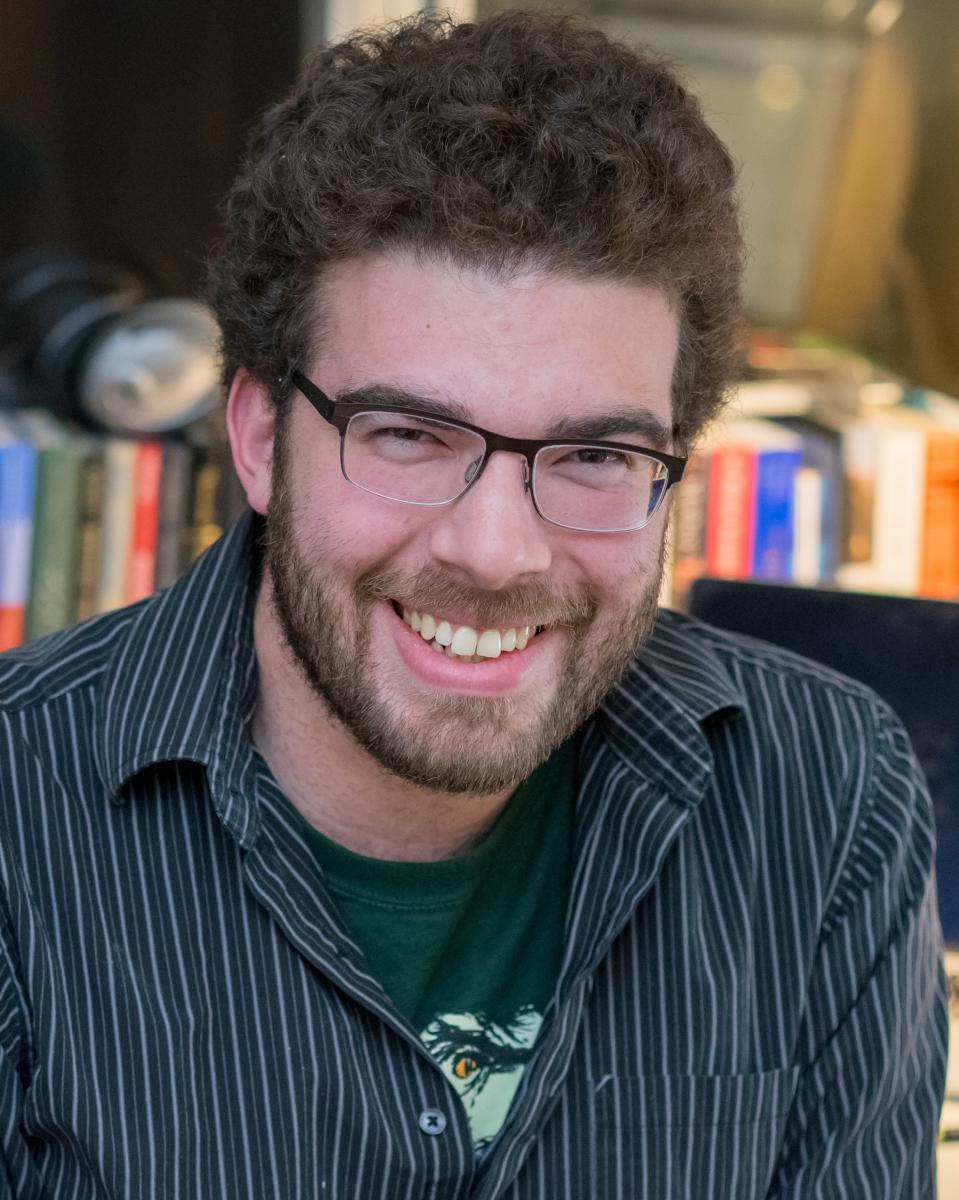
Samuel A. Mehr, Ed.D.
Harvard University
Project Title: Psychological Functions of Music in Infancy
Grant ID: DP5-OD024566
Samuel Mehr is a Research Associate in the Department of Psychology at Harvard University, where he directs the Music Lab. Sam studies music: how the design of the human mind leads us to perceive, create, and engage with music, and how this psychology of music may be leveraged to improve health outcomes in infancy and adulthood. These questions are multidisciplinary, drawing insights from the cognitive sciences, evolutionary biology, anthropology, ethnomusicology and music theory, linguistics, and computer science. Originally a musician, Sam earned a B.M. in Music Education from the Eastman School of Music before diving into science at Harvard, where he earned an Ed.D. in Human Development and Education under the mentorship of Elizabeth Spelke, Howard Gardner, and Steven Pinker. To learn more about Sam's research and to participate in music research online, please visit http://themusiclab.org.
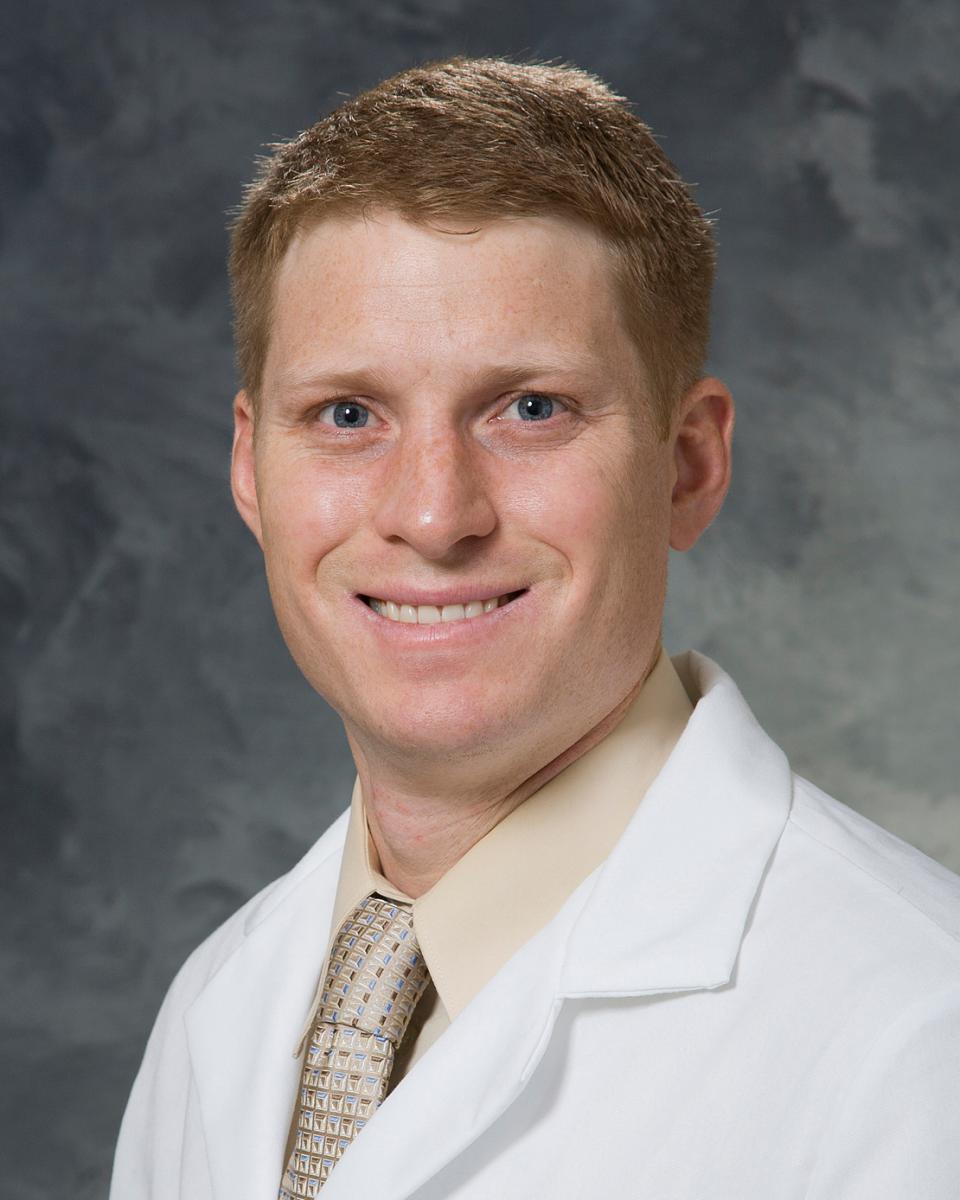
Zachary S. Morris, M.D., Ph.D.
University of Wisconsin School of Medicine and Public Health
Project Title: Combining Radiation and Tumor-Specific AntIbody Therapies to Elicit In Situ Tumor Vaccination
Grant ID: DP5-OD024576
Zachary Morris is an Assistant Professor in the Department of Human Oncology at the University of Wisconsin School of Medicine and Public Health. His translational cancer research laboratory is focused on pre-clinical studies testing the mechanisms whereby radiation and molecular-targeted therapeutics may be combined to better drive anti-tumor immune responses. Dr. Morris completed his undergraduate studies at Ripon College, two Master's degrees as a Rhodes Scholar at Oxford University, his M.D. at Harvard Medical School, and his Ph.D. at Harvard University where he performed his thesis research in the lab of Prof. Andrea McClatchey. He completed residency training in Radiation Oncology at the University of Wisconsin Hospital and Clinics and during that time he engaged in translational immuno-oncology research under the mentorship of Prof. Paul Sondel and Prof. Paul Harari.
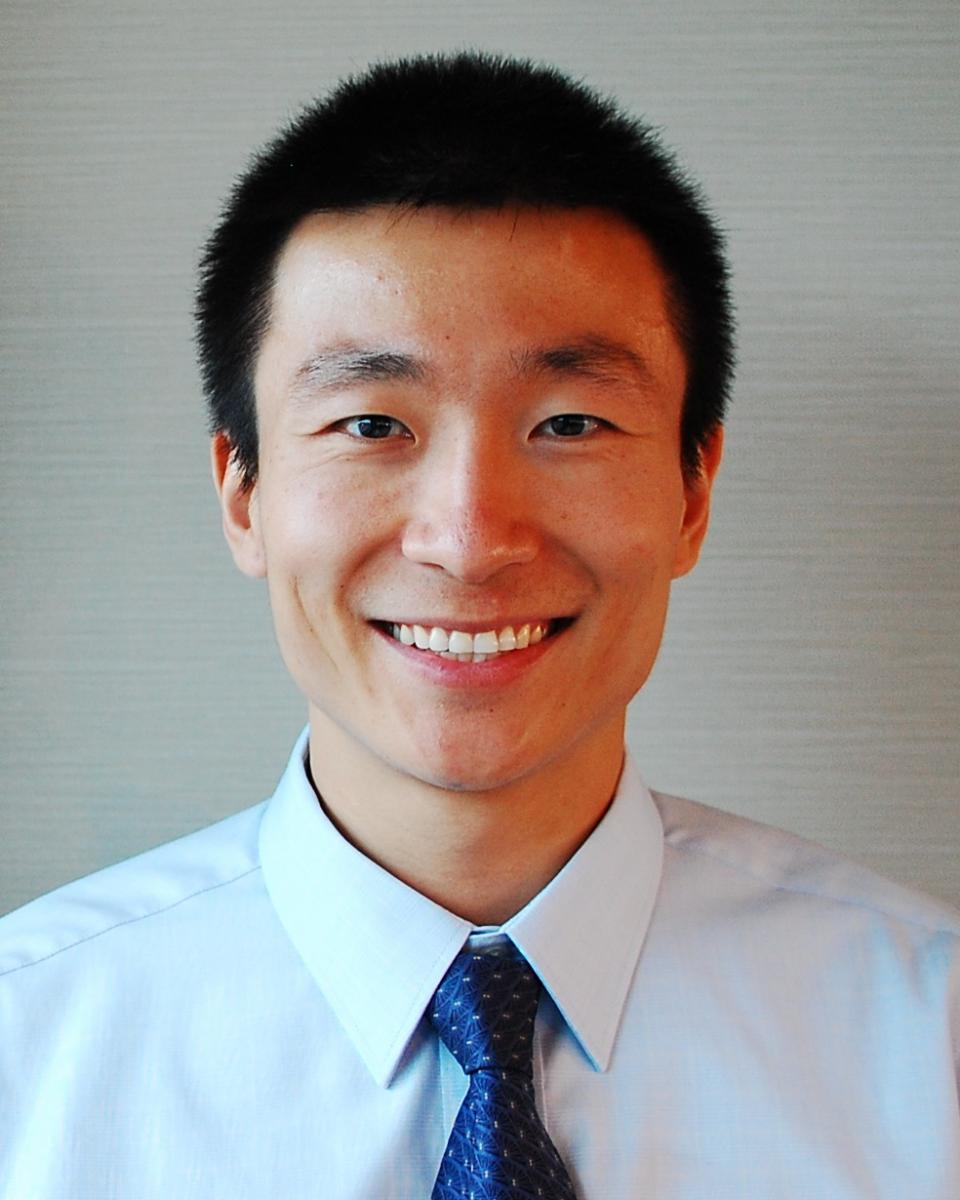
Zirui Song, M.D., Ph.D.
Harvard Medical School and Massachusetts General Hospital
Project Title: Inequities in Health Outcomes in the Twenty-First Century: Understanding New Causes and the Impact of Delivery System Reforms on Health Care Disparities
Grant ID: DP5-OD024564
Funded by the National Center for Complementary and Integrative Health
Zirui Song is an assistant professor of health care policy at Harvard Medical School and an internal medicine physician at Massachusetts General Hospital. His research has focused on health care spending and quality under new payment models for provider organizations, the impact of changes in Medicare physician payment policy, and the economics of health insurance in the Medicare Advantage program. He received a B.A. in Public Health Studies with honors from Johns Hopkins University, an M.D. magna cum laude from Harvard Medical School, and a Ph.D. in Health Policy, Economics track, from Harvard University, where he was a fellow in Aging and Health Economics at the National Bureau of Economic Research. He completed his residency training at Massachusetts General Hospital.
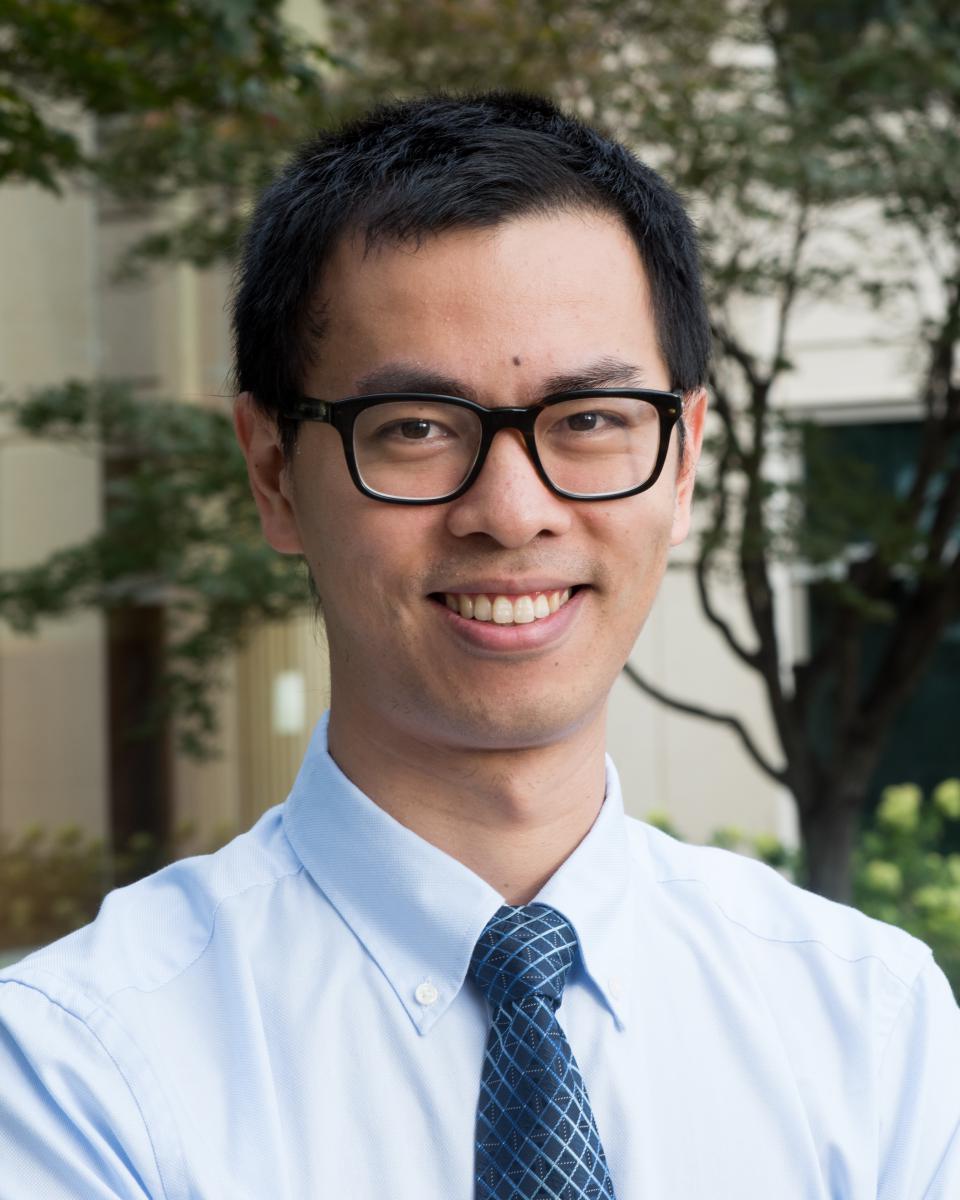
Chuankai Zhou, Ph.D.
Buck Institute for Research on Aging
Project Title: Mechanism of Organelle Dysfunction During Aging and the Related Rejuvenation Process
Grant ID: DP5-OD024598
Chuankai (Kai) Zhou is the first Buck Fellow at the Buck Institute for Research on Aging, CA. Kai received his B.S. degree in Biology from Peking University, Beijing followed by a Ph.D. degree in Molecular and Integrative Physiology from University of Kansas School of Medicine and Stowers Institute for Medical Research. At Stowers Institute, Kai’s graduate research under the mentorship of Dr. Rong Li focused on the formation, dynamics, and asymmetric segregation of protein aggregates. After graduation, Kai worked with Dr. Kausik Si on the mechanisms of protein folding and conformation. Now at the Buck Institute, the Zhou lab is interested in using proteomics, imaging, sequencing, cellular and genetic approaches to study the cellular mechanisms of aging and age-related diseases.


